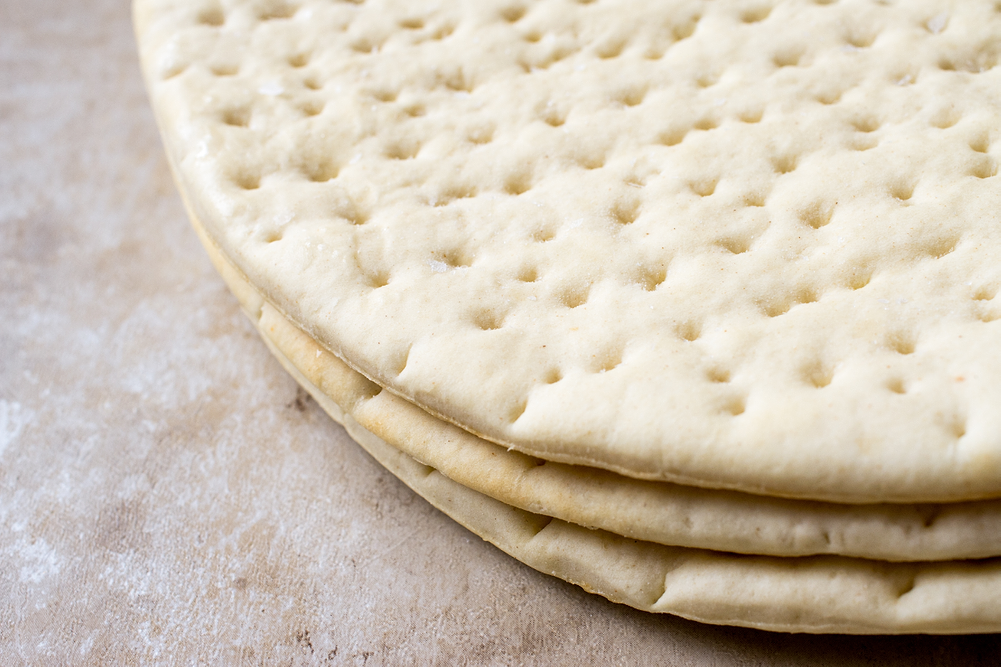MINNEAPOLIS — US District Court Chief Judge John R. Tunheim has denied Conagra Brands, Inc.’s motion to dismiss a lawsuit filed by Schwan’s Co. alleging the former of violations of the federal and Minnesota trade secrets acts as well as tortious interference with contractual relations and unjust enrichment under Minnesota law.
The lawsuit, filed in the US District Court for the District of Minnesota, involves a former employee, Rongxuan Cai, who worked for Schwan’s from June 30, 2003, until Dec. 18, 2017, first as a research scientist and then as a principal research scientist. During his time at Schwan’s, Mr. Cai worked on research relating to the properties and performance of yeast and flour, dough, moisture and rheology, protein content in cheese, and development of ingredient technologies for use in pizza crusts and frozen pies.
According to the complaint, Mr. Cai accepted a job to work at Chicago-based Conagra on Nov. 10, 2017, but did not submit a letter of resignation to Schwan’s until Dec. 15, 2017. At that time, he requested an effective date of Jan. 5, 2018. When Mr. Cai was asked on Dec. 18, 2017, whether he intended to work for a competitor, he denied it, according to Schwan’s. Schwan’s said it found out later that day that he had accepted a job with Conagra and immediately terminated him and escorted him from the property.
Schwan’s alleges that from the time Mr. Cai accepted the job at Conagra until he was escorted from Schwan’s property, he accessed files containing Schwan’s confidential and proprietary information and trade secrets on several projects related to grain, pizza crust, and encapsulated sugar, among other projects. Schwan’s also alleges that Mr. Cai copied files to external storage devices including files with confidential and proprietary information and trade secrets shortly before his termination, and that he took physical property and materials that belong to Schwan’s, including 13 devices including storage devices containing Schwan’s information, lab notepads, and other research information.
During his time at Schwan’s, Mr. Cai was required to sign multiple noncompete documents, with the latest being signed in 2011 and including provisions that he return all Schwan’s property upon termination as well as a noncompete clause that bars working for “any business which competes with Schwan’s in the geographic or job function areas assigned to” Mr. Cai for 12 months after termination.
In its complaint, Schwan’s also alleges Mr. Cai filed two US patent applications and one Chinese patent involving methods for making frozen dough and frozen bread. The patents were filed on Dec. 27, 2017, nine days after he was terminated from Schwan’s. In the lawsuit, Schwan’s said it has asked Mr. Cai to assign the patents to the company but he has refused to do so.
Aside from Mr. Cai, Schwan’s has taken issue with Conagra Brands, alleging the company was aware of Mr. Cai’s exposure to Schwan’s confidential, proprietary and trade secret information as well as his noncompete clause, but took no steps to ensure he did not participate in projects for Conagra on similar products and technologies or to ensure he did not use Schwan’s information and secrets.
Schwan’s said it learned of Conagra’s actions during its discovery period and amended its complaint in April 2021 to include Conagra. On July 14, 2021, Conagra filed a motion to dismiss, a motion that Judge Tunheim denied.
“The court will not dismiss any of Schwan’s claims against Conagra as the face of the amended complaint adequately alleges each claim,” Judge Tunheim wrote in his Dec. 2 decision. “It does not establish the statute of limitations has run for the DTSA (Defend Trade Secrets Act of 2016) and MUTSA (Minnesota Uniform Trade Secrets Act) claims or that Schwan’s waived the tortious interference with contractual relations claim. The amended complaint adequately alleges all elements of these claims, including that Conagra’s actions were independently wrongful for the tortious interference claim, though the court does not decide whether such an allegation is necessary. Finally, Schwan’s has adequately alleged that Conagra was unjustly enriched by more than just misappropriation of trade secrets, so the unjust enrichment claim is not displaced at this time.”
A spokesperson for Conagra said the company does not comment on pending litigation.





